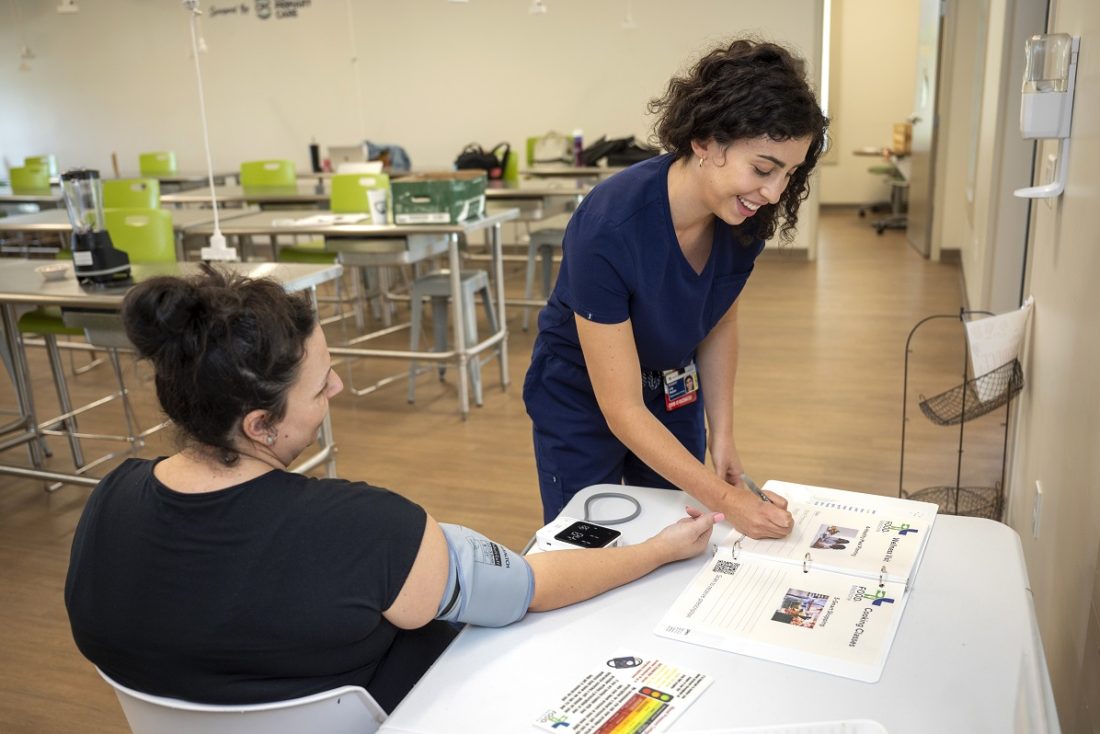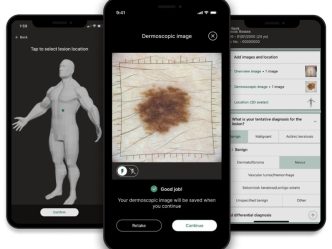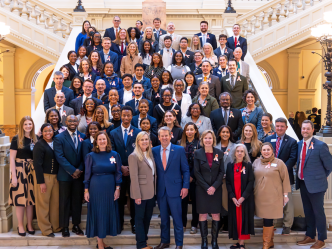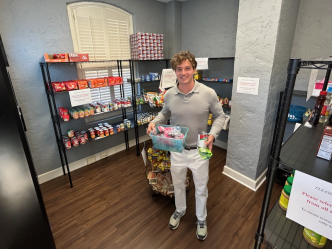When the Food is Medicine initiative began at Augusta University, there were several moving parts to make sure the new program was ready to go from the start. Since Georgia has one of the worst maternal and fetal mortality rates in the country, having everything come together at the same time was key.
Chad Ray, MD, professor in the Medical College of Georgia’s Department of Obstetrics and Gynecology, and Marlo Vernon, PhD, associate professor for the Georgia Prevention Institute at MCG, teamed up with Augusta Locally Grown at the Hub for Community Innovation to provide mothers and expectant mothers with healthier lifestyle choices.
One key component of the Food is Medicine project is a workbook for participants to gain a better understanding on all aspects of health and to track their progress over the six-months of the program.
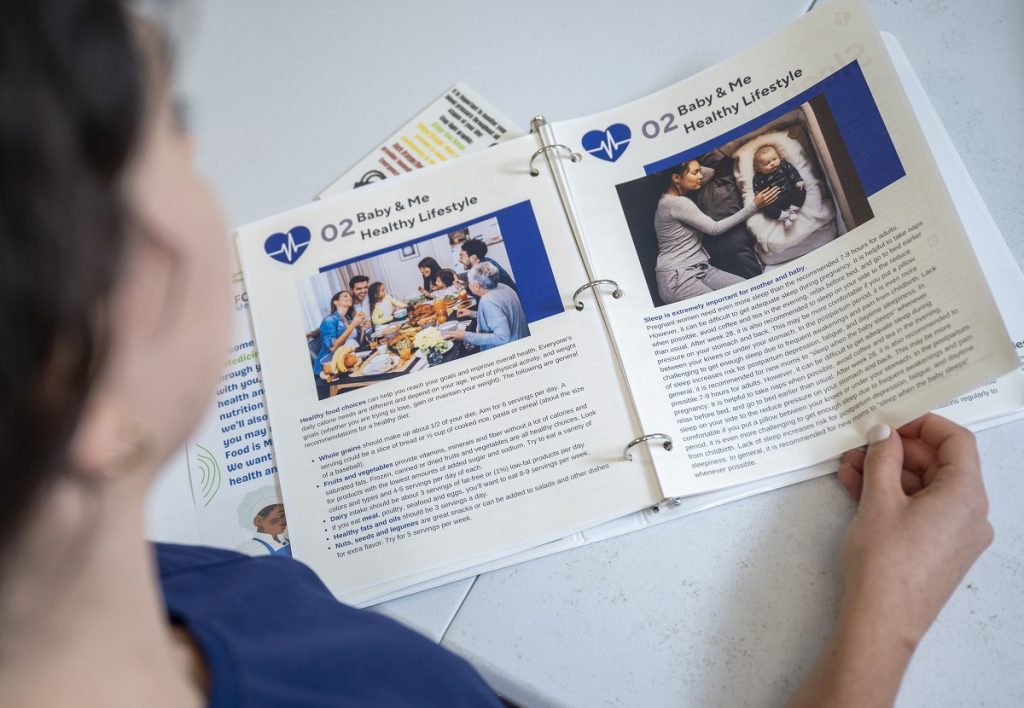
The workbook was developed by Lily Rubin, a fourth-year medical student in the Medical College of Georgia. While discussing the Food is Medicine project, Rubin and Vernon developed a strong bond and began working together.
“After I met with Lily to describe all of our maternal health projects, she was most drawn to the proposal to address food insecurity through the Food is Medicine idea,” said Vernon. “She joined the project as we were still developing the idea and has really been an integral part of our work, getting it started and moving it forward.”
“The workbook exceeded all our expectations. It’s not only factual and evidence-based, it’s colorful and engaging. It feels like a professional product, which encourages you to pick it up and look through it.”
Marlo Vernon, PhD, associate professor for the Georgia Prevention Institute at MCG
“Dr. Vernon told me she was piloting this new program related to food insecurity for mothers, and I was like, ‘Wow, I’ve done a lot with food insecurity, and I’m interested in OB/GYN – what a perfect match,’” said Rubin.
Rubin said she was able to combine ideas from the American Heart Association with ideas from Vernon on how the Food is Medicine program would operate to develop the workbook.
She was also able to draw inspiration from her undergraduate work at the University of Georgia. There, she worked for an organization called Campus Kitchen that addresses food insecurity in Athens, Georgia.
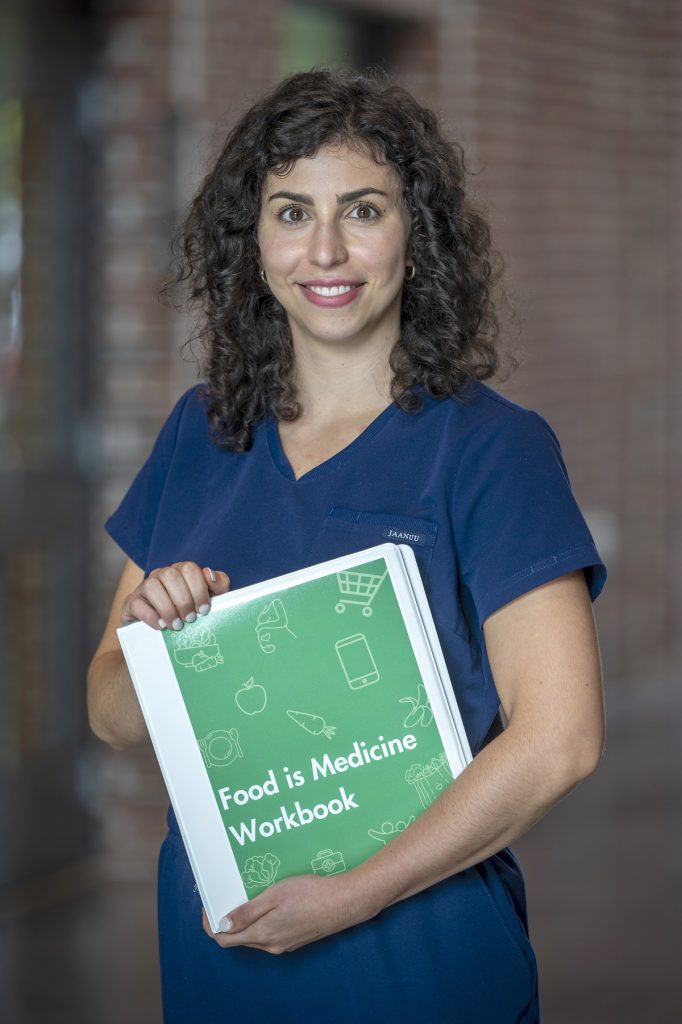
“One thing that was a bit challenging was stepping back from medical thinking and terminology and trying to make the workbook patient-friendly,” said Rubin. “I took health communication classes during my undergraduate studies that were helpful when creating the workbook.”
The workbook covers a variety of topics including understanding blood pressure, healthy lifestyles through food for the mom and baby, eating healthier and heart health grocery shopping and meal planning; it even has a place to add favorite recipes. The feedback has been positive.
“I think moms really like that there’s kind of a sense of community with the program, and that they’re being plugged into resources,” said Rubin.
“The workbook exceeded all our expectations. It’s not only factual and evidence-based, it’s colorful and engaging. It feels like a professional product, which encourages you to pick it up and look through it,” said Vernon.
Rubin has already identified ways the workbook can be improved.
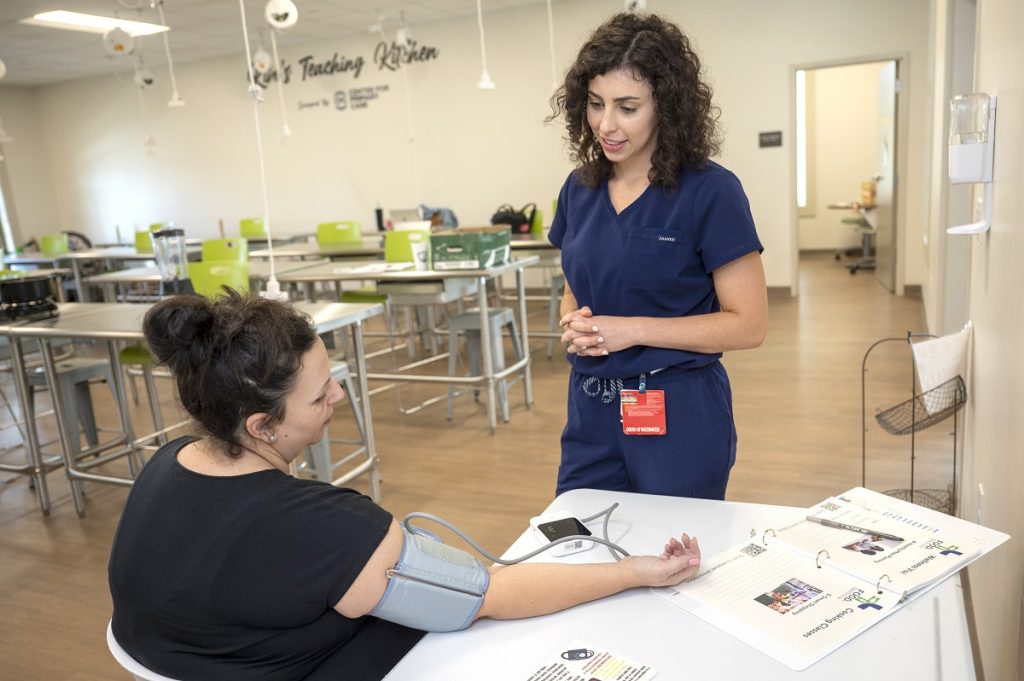
Rubin said getting a better understanding of what the mothers and expectant mothers are going through has been important for her and her fellow medical students. Through their training, she said they have learned how to show more empathy and how to offer more culturally competent care.
Rubin said she has always had a love for food and cooking, and that being part of the program has energized her passion for medicine. She said seeing the outcomes of healthy mothers has been rewarding as well.
“I feel like I’ve had more time to talk with the participants of the program and just chat with them about things that aren’t medical, which is nice,” said Rubin. “There was a really exciting moment for me where one of the participants gave birth to a baby boy, and I saw her in the hospital. That was a cool, full-circle moment for me.”
 Augusta University
Augusta University
